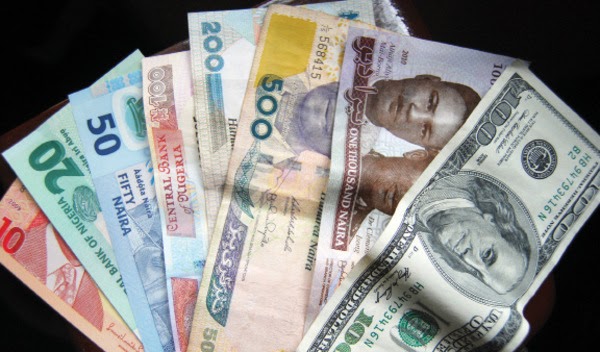Figures obtained from the FMDQ reveal that trading on Tuesday started at N760.5/$ and reached a high of N841/$ and a low of N467/$ before ultimately closing at N763/$. The day's trading also saw an increased turnover of $245.65 million, up from $198.13 million on Monday.
The Central Bank of Nigeria (CBN) had previously instructed Deposit Money Banks to remove the rate cap on the naira at the I&E window, allowing for a free float of the national currency against the dollar and other global currencies. Prior to this directive, the naira had closed at the I&E window at 471.67/$, while the parallel market recorded an exchange rate of 740/$.
Experts have praised the move towards a unified exchange rate, describing the previous multiple exchange rate regime as a breeding ground for corruption. Prof. Segun Ajibola, an Economics professor at Babcock University and former President of the Chartered Institute of Bankers of Nigeria, emphasized the need to expand foreign exchange sources such as non-oil exports, remittances, and foreign direct investments. Additionally, he suggested maximizing the country's OPEC quota on crude oil exports to alleviate pressure on both the official and unofficial markets.
In a related development, the Nigeria Customs Service (NCS) has adjusted the exchange rate used for calculating import duty from N422.30/$ to N589/$. This change reflects the updated exchange rate and aims to align import duties with the current forex market conditions.



